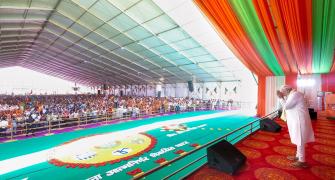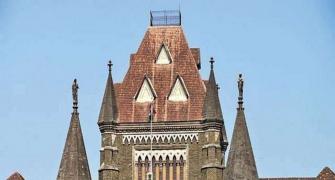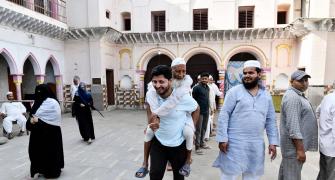The US administration has insisted that a telephone-tapping programme ordered by President George W Bush had helped stop terrorist attacks as also save American lives. It has vowed to appeal a federal judge's ruling that the surveillance programme was unconstitutional.
District Judge Anna Diggs Taylor in Detroit, Michigan tossed out the administration's arguments on the legality and merits of the surveillance programme on Thursday. She ruled that it violated rights to free speech and privacy, as well as the separation of powers enshrined in the US Constitution.
The Justice Department was swift in its decision to appeal the verdict. "We're going to do everything we can do in the courts to allow this programme to continue," Attorney General Alberto Gonzales told reporters, maintaining that the programme in place was not only legal but also useful.
"We've had numerous statements by leaders of the intelligence community about the effectiveness of the programme in protecting America," Gonzales said.
Sharply criticising the ruling, the White House said, "Last week America and the world received a stark reminder that terrorists are still plotting to attack our country and kill innocent people. Today a federal judge ruled that the Terrorist Surveillance Programme ordered by the President to detect and prevent terrorist attacks against the American people is unconstitutional and otherwise illegal. We couldn't disagree more with this ruling."
"US intelligence officials have confirmed that the programme has helped stop terrorist attacks and saved American lives.," it said in a statement.







